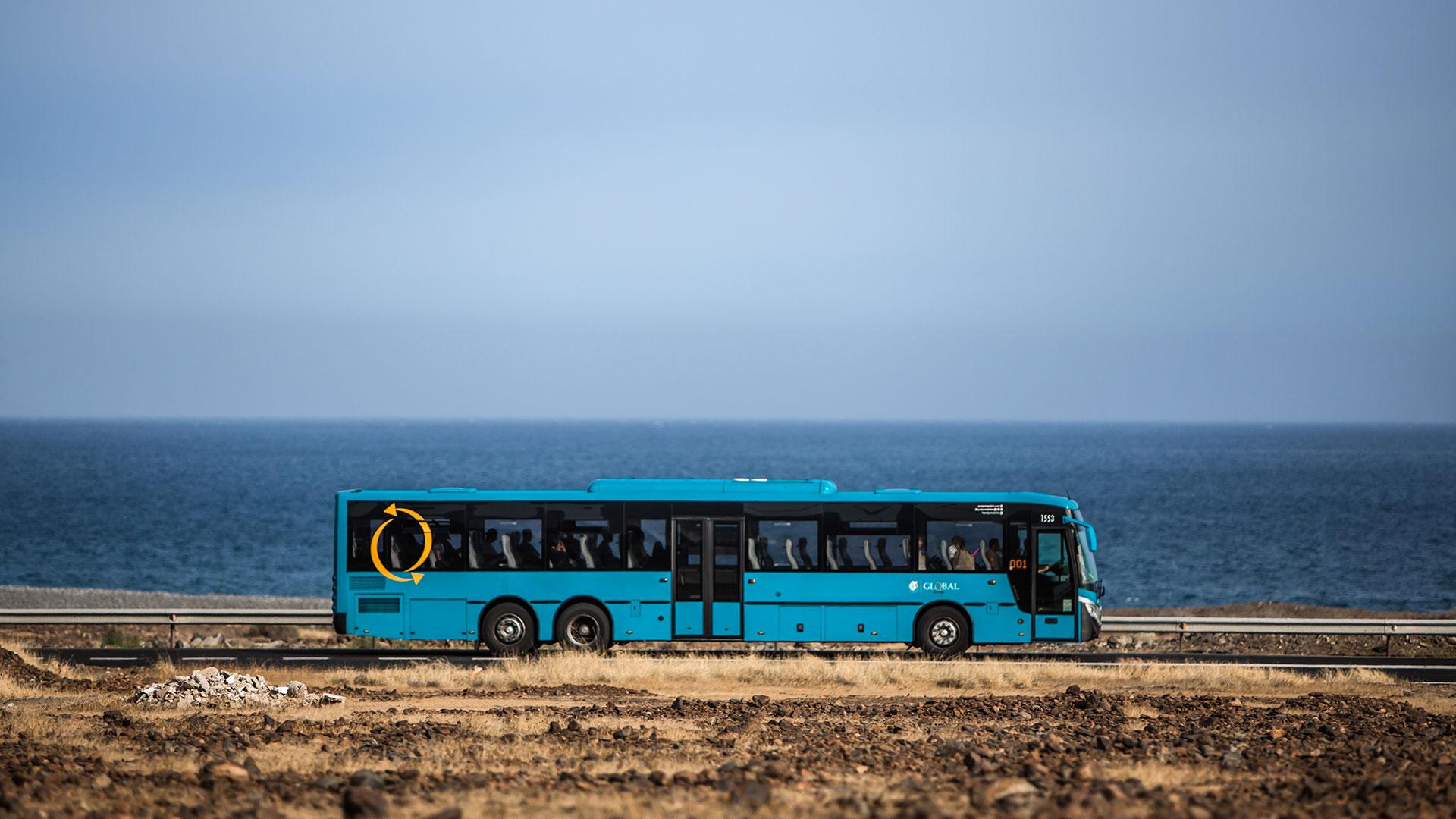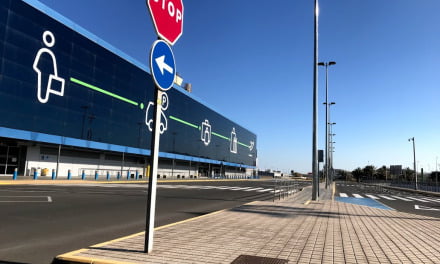Bus operators, technicians and managers have been expressing some concern over the new plan to make public transport free for regular daily users as of next January 1. 2023 is expected to begin with a sudden increase in demand for which the bus companies are not well prepared. The increase in the number of users, means that bus companies like Global Bus (Interurban island-wide) and Guaguas Municipales (Las Palmas de Gran Canaria) will have to provide a potentially larger number of services but without any extra resources. The free travel vouchers – negotiated by the regionalist Coalición Canarias (CC) party, with the National Government of Pedro Sánchez in exchange for support over the general state budget for 2023 – appears to have caught transport companies off guard, as their existing planning for the next year must now be significantly modified. Managers warn that they will not be able to implement free travel with the means currently at their disposal. At least not without degrading the quality of the service they offer, because if demand grows as expected, more buses will be needed, and adding a new vehicle to the fleet takes months.
The Island Cabildos fear that they will not be able to cope with the expected increase in demand for public transport, generated from January 1 of next year, when free travel arrangements, agreed by the CC enter into force. In return for the financial assistance, the CC have undertaken to support the national Government of Pedro Sánchez (PSOE) in the General State Budgets (PGE) for next year. The island corporations –responsible for coordinating this service– have universally stated that, with the current numbers of vehicles and drivers do not have the capacity to absorb a presumed increase in users, anything up to 2 million more annually, that could occur, with no room for manoeuvre to be able to reinforce the frequencies of the services already provided.
Free buses negotiated in return for supporting 2023 budgets
The agreement reached by deputies, Ana Oramas and María Fernández (CC), with the governing socialist party PSOE in Madrid, guarantees the support of the two regionalist seats for the state accounts. The pact also includes “21 golden amendments”, as Oramas described them, which represent “relief” for families and companies in the Archipelago in the face of the current inflation situation. Among them, there is a tax reduction for the people of La Palma affected by last year’s volcano, with a deduction of 60% of personal income tax for two years and further compensation for the effective cost of transporting goods to the Canary Islands.
The headline measure of this agreement, however, is the 100% subsidy of the cost of transport by bus and tram on the islands, in an attempt to equalise the Canary Islands with the citizens of the Peninsula, who have enjoyed free commuter trains since September, while the central Executive had originally refused to apply the same discount to the buses on the Islands.
Increase in traveller numbers
Some estimates predict an increase in travellers, when the free bus vouchers are introduced, that could range between 5% and 7% on Gran Canaria if the current evolution of demand since 2016 continues, when price reductions began to be applied to help passengers with fewer economic resources and encourage the use of public transport. If these percentages are repeated from January 1, 2023, when the free bus vouchers are launched, the number of passengers could increase by about two million journeys a year, although operating companies consider that it would be impossible to accurately calculate the expected increase in demand because of the many factors involved.
Public transport companies have said that they hope that these doubts can begin to be cleared up quickly, with hopes that the Ministry of Transport and the regional Executive will inform the cabildos about the content of the agreement reached between the Government and the Canary Islands Coalition (CC). The increase in bus users can be predicted, in some part, with data from September 1, when the price was cut in half, but also using the figures from the previous reductions made by the Cabildo de Gran Canaria in the price of the monthly transport cards Wawa Joven, Bono Oro and Residente Canario.
In the end, it seems likely, that there will have to be extra support and clarification over the next few weeks to help the transport companies continue to provide services at the same level of quality. As for the increases, well, we’ll know more in two or three months time.
Advertise your business to English Speakers on Gran Canaria
We have a range of exciting advertising opportunities starting from as little as 2€ a day online, with a monthly audience averaging more than 150,000 individuals visiting our site regularly.
Give us a call on 928 987 988 or email Publicity@TheCanaryNews.com for more information
















